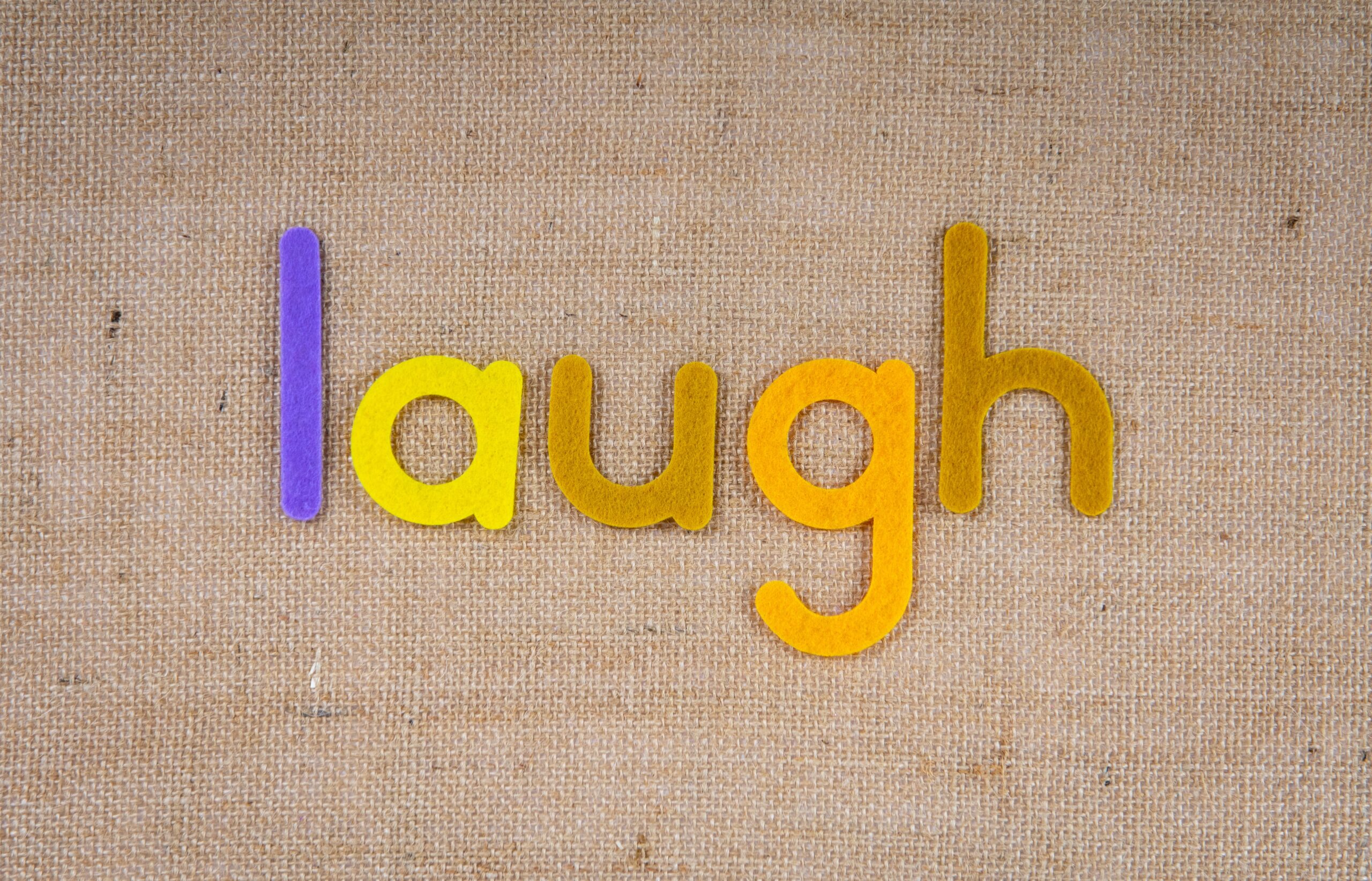
Laughter can be a useful support for understanding the morality of actions. Science tells us that laughter, this falsely futile, underestimated, banal behavior is a structural weapon of our mind to identify what is immoral. It needs no effort or teaching: when we are born it is already within us. To grasp this concept, we should understand why laughter breaks out in our lives.
We laugh not because we are happy or satisfied: that’s why we smile, or why we hug each other. But we laugh when something out of tune or incongruous appears in our lives. All the great comedians have exploited this effect. Laughter is the consequence of humor; and most research papers show that humor starts giving something incongruous to the public: a man who falls and bounces like a ball, a parrot who says human words, or a man meowing. But not all incongruences provoke laughter, but only those characterized by finding something non vital within a vital being or process, as I have recently shown. A book with a yellow page amongst a hundred white pages is an incongruity, but it is not funny; a gentleman with a mustache performing within a Miss USA contest makes you laugh. A final step is necessary to provoke laughter: it is a final sense of relief, because to laugh we should resolve the anxiety provoked by the above incongruence. After this relief, laughter explodes as a siren, to make bystanders aware that the warning has ceased.
What is important for ethics, is that laughter automatically expresses the presence of incongruence within life events: it spots inauthentic life within life, and this inauthentic life is the worst threat to ethical behavior. For several philosophers (e.g. Hannah Arendt, Gunther Anders, Martin Heidegger, Marcuse), the main threat to ethics is not perversion, but routinary life, life without life, inauthentic life, stereotyped actions, the banality of evil. Sigmund Freud and Henri Bergson explained that finding the rigidity – namely the non-life – within life, causes dismay, makes one wince. When we see Charlie Chaplin screwing a bolt like an automaton in the movie Modern Times, we wince (then we laugh when we instantaneously realize it’s a farce). If the gentleman who falls and bounces gets hurt, we won’t laugh; if he gets up safe,instead, we assimilate him to a bouncing ball and we laugh. In short, our truest self is alarmed when we see inauthentic life, the repetitive, routine life, that of those who live in continuous performance effort, that of braggarts, that of servile. And we condemn it. Then, we burst into laughter when he sees that it is harmless: because the braggart is proven wrong and the servile does not achieve its purpose. Thus, we understand why many, speaking of their love, say that this was born because the other “can make me laugh!”. Finding someone “who makes us laugh” is finding an ally to spot in us and in life what is unauthentic, false and fatal.
After all, ethics is this: unmasking false life, spotting life that denies life, or life that is afraid of life, that masks it or wants to take possession of it. Ethics is not just following principles, which anyway serve as road signs not to go astray; but it is recognizing false, inauthentic life and condemning it. In some cases, we do it automatically, instinctively; and laughter is the result.
It is obvious that this instinctive reaction does not exhaust ethical reasoning, and what has just been said is largely a paradox. But it is true that in the scientific literature we find that convoluted and rigid ethical reasonings are sometimes pointed out as inauthentic by simply mocking them, with an effect similar to Christian Andersen’s story “the Emperor’s new clothes.” This effect is similar to that of laughter.
In conclusion, bioethics takes advantage of intuition. In some cases, intuition warns us with a bitter laugh of the discrepancy between the ethical behavior and the inauthentic one, that treats the person as a means or as a thing. Then, it will be up to us to develop it in an organic thought.
Finally, this topic is interesting for the practice of the bioethicist. Bioethics is too often considered as the application of principles in a cold and measured way, thus risking becoming a caricature of true bioethics and provoking laughter. Because bioethics is not a cold science, despite being rigorous; it is a science of life, therefore vivid and alive as life is, which considers the single person and their individuality, not an abstract “human subject.” When we harness it in canons that transform it into a cold court, it acquires those characteristics of incongruence and of non-life in life that draw it as a humorous object.
Professor Carlo Bellieni, MD of the University of Siena (Italy).